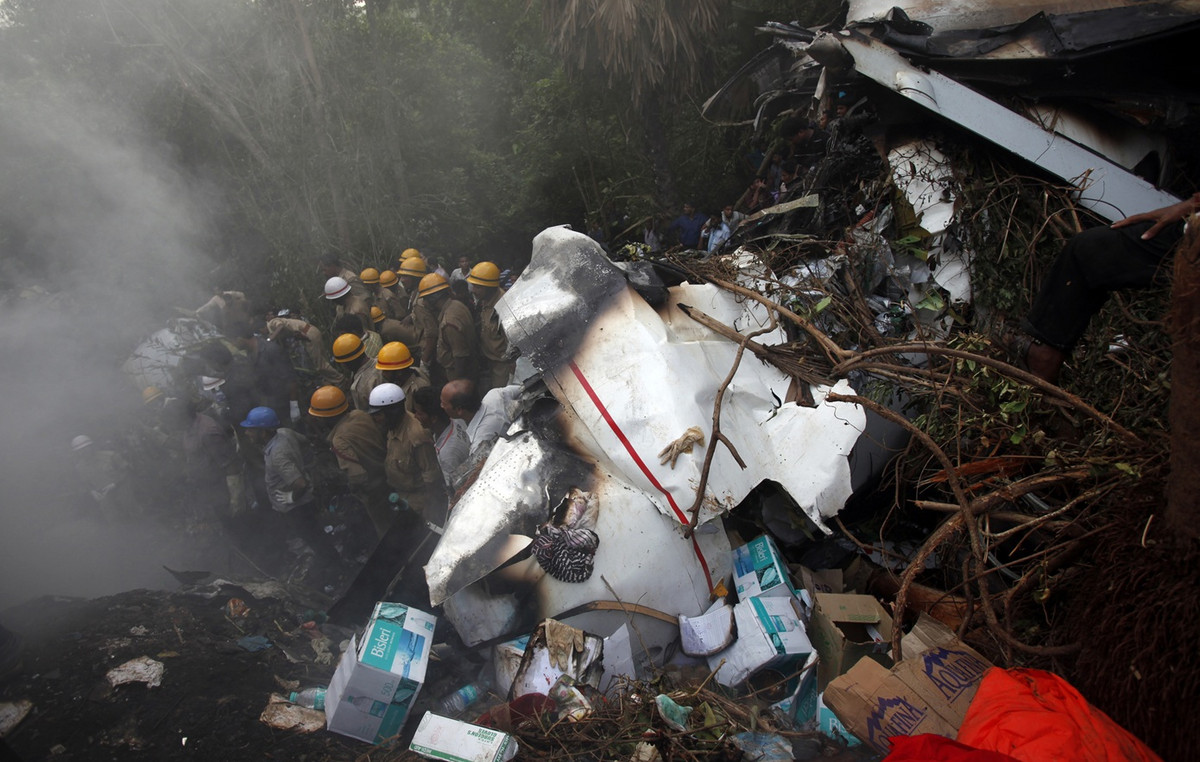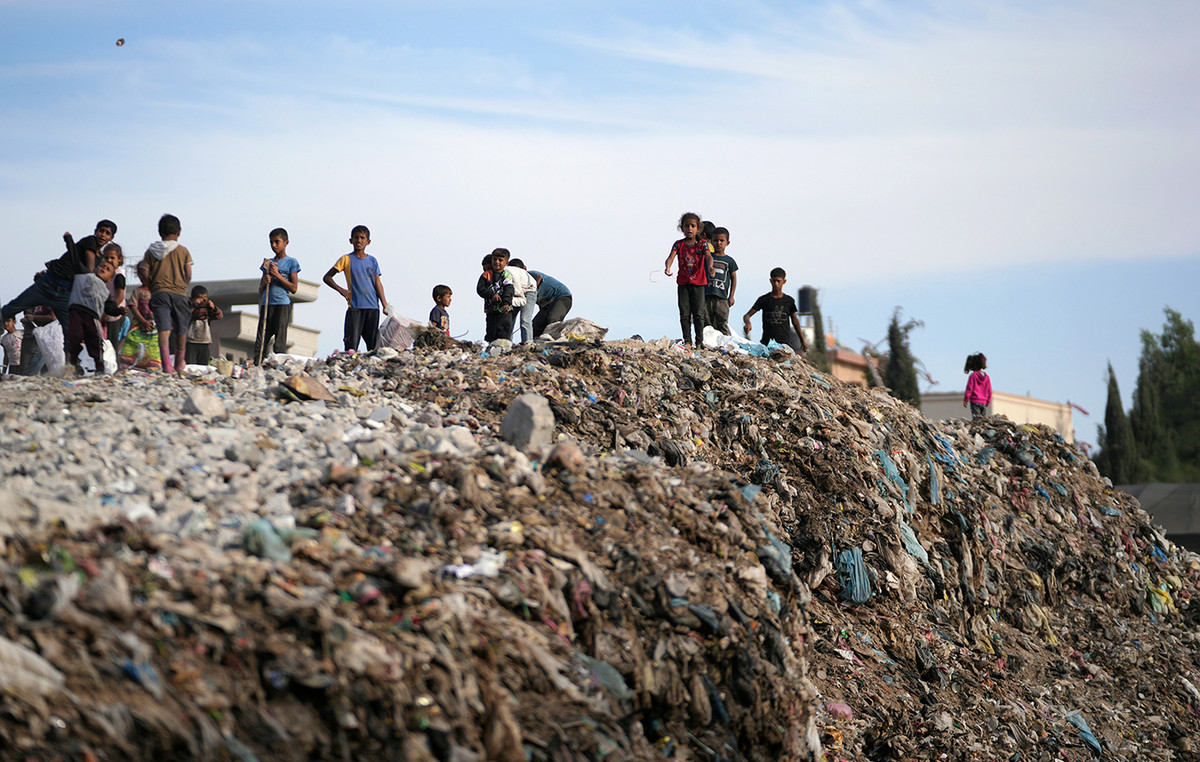The impact of the lockdowns in China to fight Covid-19, especially in the mega port of Shanghai, will continue for months for the maritime transport sector of cargo in containers, said this Thursday the managing director of MSC in Brazil, Elber Justo.
“Covid, although we think it has been left behind, will continue to impact our business in the coming months”, said the executive, during an international seminar on coffee, a product usually shipped abroad in containers.
Exporters, including the coffee sector, have been dealing with the problem during the pandemic, facing higher costs and also bottlenecks to sell products.
According to Lúcio Dias, commercial superintendent of the Cooxupé cooperative, the largest coffee exporter in Brazil, “the logistics were very bad, it improved, but after China resumed lockdowns, it got in the way.”
Justo, from MSC, also cited the effects of the war in Eastern Europe on container movements and the high fuel prices generated by the conflict.
“Logistics companies have suspended routes in the Eastern European region, the closure has impacts on our business, the loads that were dammed caused and still cause overload in ports”, he declared.
In Shanghai, he mentioned that the situation remains the same, with 500 ships waiting to dock, due to lack of manpower and berths for docking.
“Despite all efforts, the situation remains quite complicated in terms of the availability of ships,” he said.
Typically, companies make four trips a year to Asia, but they are managing to average up to 2.5 cycles a year.
“All of this has impacted the cost of freight, the Covid effect of 2020 and 2021 has pushed costs up to levels we haven’t seen in a long time,” said the executive, citing that the cost of ships has tripled to $150,000 a day.
The shipping industry has sought to lessen the effects of lockdowns by using more old ships rather than sending them to scrap.
“Less than 1% of ships are idle today,” he said, noting that only 19 vessels were scrapped in 2021, versus a historic 100 vessels per year.
“Anything that is floating and has some kind of propulsion is being used,” he said.
He also said that the industry is expanding the lifespan of containers, making more repairs, which raises costs, and increased contracting for shipbuilding.
The transport sector in the world has already contracted the construction of ships for an increase equivalent to 20% of the current capacity.
With this, there is the prospect of normalization of the situation soon, with the entry of new ships in 2023 and 2024.
Justo mentioned that the numbers from Brazil show that container movements have not decreased, but the service capacity has been reduced by 10%, which raises freight prices.
Source: CNN Brasil
I am Sophia william, author of World Stock Market. I have a degree in journalism from the University of Missouri and I have worked as a reporter for several news websites. I have a passion for writing and informing people about the latest news and events happening in the world. I strive to be accurate and unbiased in my reporting, and I hope to provide readers with valuable information that they can use to make informed decisions.







